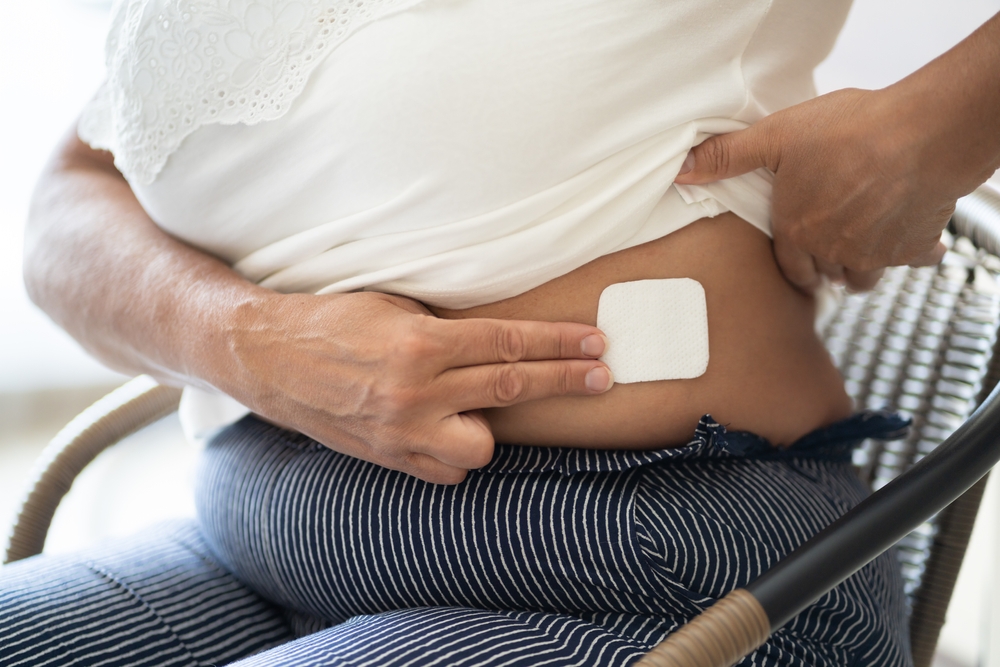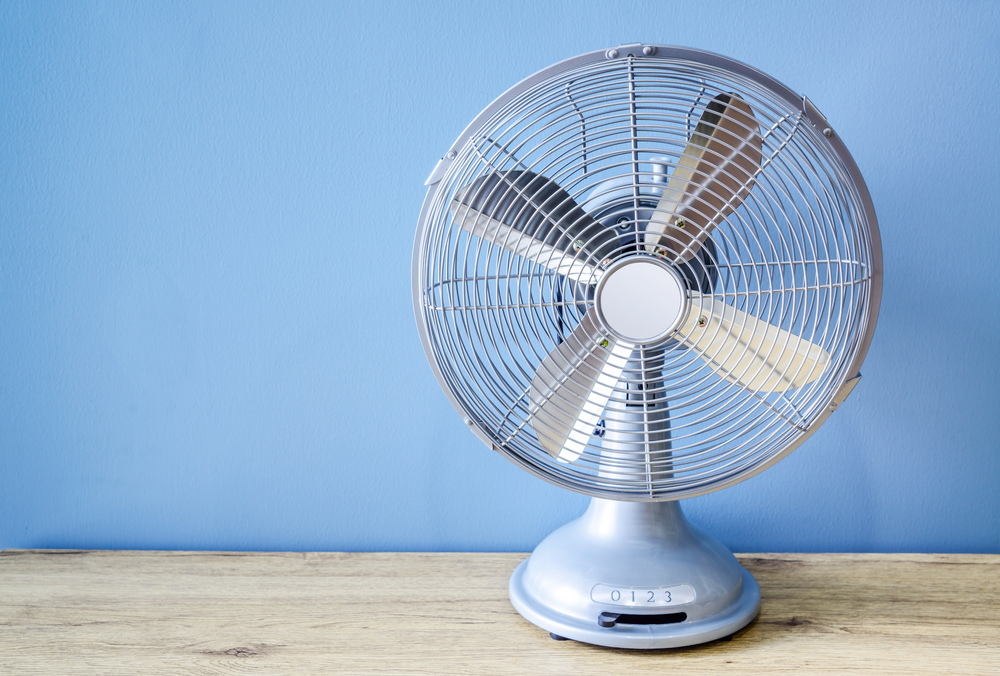


Women receiving hormone replacement therapy (HRT) are being adversely affected by the current shortage of medications.
Healthspan Medical Director, Dr Sarah Brewer, has said that women who are not able to get that medication will “go straight back into their menopausal symptoms”.
“HRT medications relieve the symptoms of menopause including anxiety, night sweats, hot flushes and sleeping problems,” she said.
“As soon as a woman stops HRT medication, those symptoms will return. A supply shortage could see women forced to go cold turkey on their medications, which would never be advisable.”

Pictured: The symptoms of menopause can make working difficult for some women.
Dr Brewer said there are natural alternatives to HRT.
“HRT is a life changing intervention for women who are able and willing to take it, but this is a personal decision that will depend on your individual circumstances,” she said.
“Natural options such as soy isoflavones or the traditional herbal medicine, black cohosh, are available for those who opt not to use HRT, but it would never be advisable to stop HRT completely and swap to natural options, it would need to be a gradual process.”
Dr Brewer voiced her support of former deputy Sarah Hansmann-Rouxel’s call for the States to introduce a menopause policy to support menopausal women in the workplace.
“Menopause is something that will affect all women and it is time that the issue stopped being brushed under the carpet,” she said.
“Surveys have shown that many women don’t feel comfortable telling their employers if they are experiencing menopausal symptoms which may make working difficult."

Pictured: HRT medications can include patches, gels and pills.
Dr Brewer continued: “Things are moving forward slowly with the issue being talked about more and women are becoming more vocal, particularly as they are working for longer in life, but we need to be creating environments in the workplace where we can have open conversations about the menopause.”
Dr Brewer said that employers could take steps to help support women experiencing symptoms.
“Menopause is a natural phase of life that all women will eventually face. Symptoms such as anxiety and hot flushes can have a dramatic effect on performance and self-confidence,” she said.
“Employers can help by providing flexible working options or proving break-out rooms and fans for example,” she said.
“Raising awareness of the issue is also important with education opportunities for both male and female staff and, perhaps, appointing a female health champion.”

Pictured: Dr Brewer said that employers could offer break-out rooms with cold water, and fans would be beneficial.
Dr Brewer said supporting menopausal employers does not need to be difficult or costly.
“Many employers already offer flexible working options, including working from home, so this is something that has already proven possible,” she said.
“It is something that might make a big difference to experiencing symptoms of the menopause and it has also been proven that staff are very productive when working from home so it may also benefit employers as well as the employee.”
Dr Brewer said that “menopause is a gendered issue”.
“Menopause will affect all women at some point in their life; if employers do not have measures in place to help support women it could result in discrimination. Pregnancy is protected, menopause should be too,” she said.

Pictured: HRT medications can reduce symptoms of menopause, which vary in each case.
Men can suffer from andropause, caused by low testosterone levels, but it is much less common.
“Andropause is something that may need to also be considered in any policy, however the biggest symptom of that is a low sex drive,” she said.
“Other symptoms can include fatigue and muscle weakness. Menopause will affect 100% of women, whereas andropause affects a much smaller percentage of men. I would urge anyone experiencing symptoms of menopause or andropause to speak to their GP.”
Comments
Comments on this story express the views of the commentator only, not Bailiwick Publishing. We are unable to guarantee the accuracy of any of those comments.